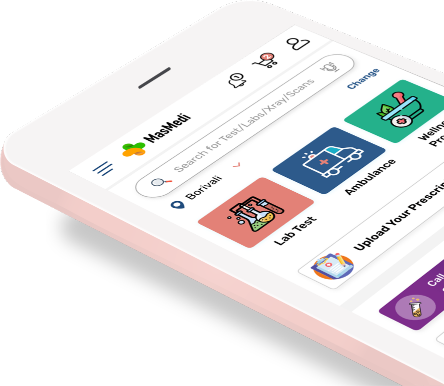Sample Type
Gender
Age Group
Blood
Male/Female
All Age Group
When the immune system is unable to discriminate between its own antigens and foreign antigens, anti-dsDNA antibodies are made against the DNA. These autoantibodies harm tissues and organs. Anti-dsDNA in the blood is a strong indicator of an autoimmune condition. Therefore, an anti-dsDNA screening is advised to find these antibodies. Patients with symptoms and signs that are suggestive of systemic lupus erythematosus might use the test to help determine whether they have the disease (SLE). In order to help diagnose lupus, the test is advised after a positive antinuclear antibody test. Additionally, it could be needed to keep tabs on SLE development.
best labs
Option Near Youlab comparison
As per your budgetAffordable
Price GuaranteedUNBIASED ADVICE
On LabsSUNDAY LAB
Labs available on SundaysTracking health status made easy with the app. Now available on both Google Play Store and App Store. Book health tests and access your smart reports and health trackers anytime anywhere.
